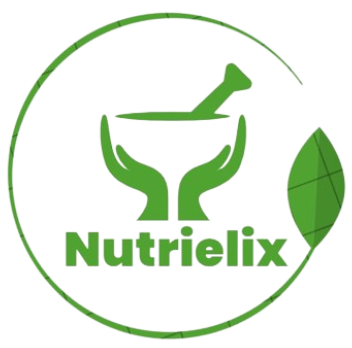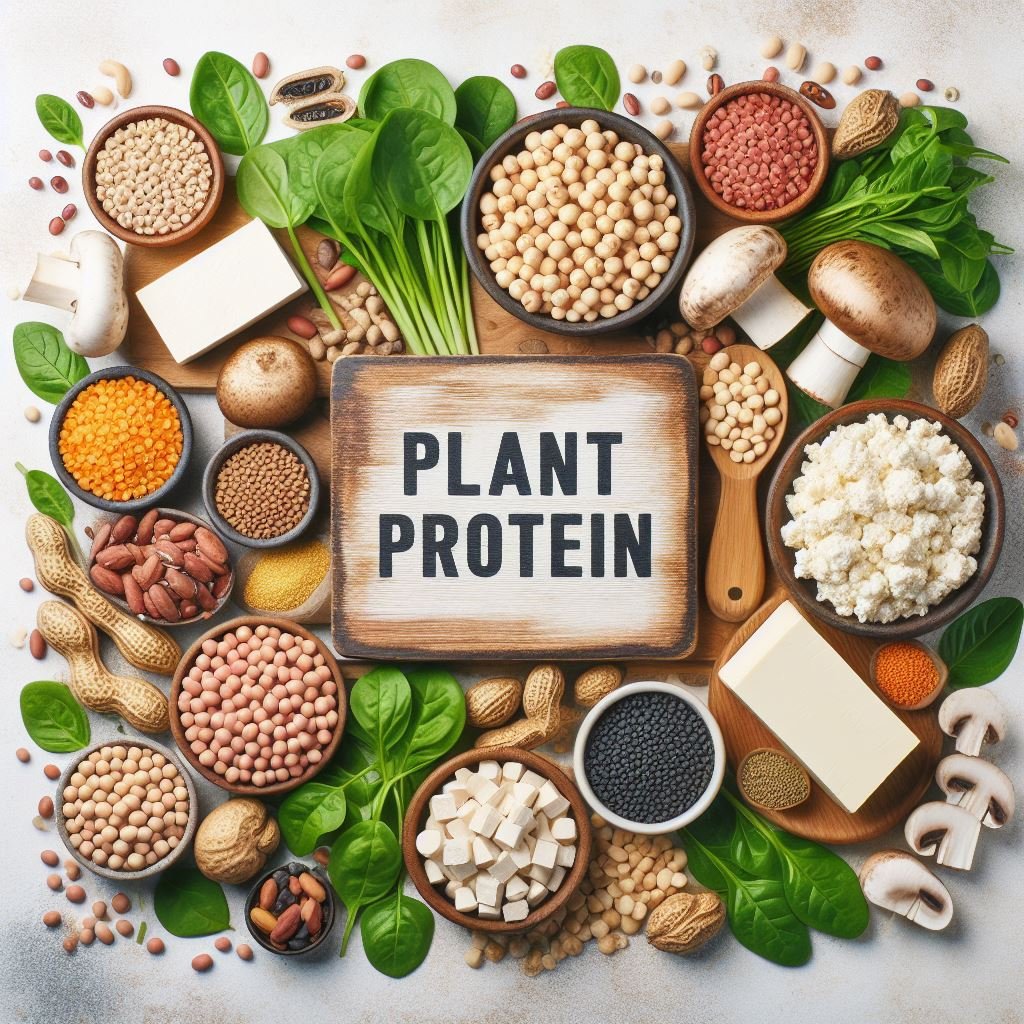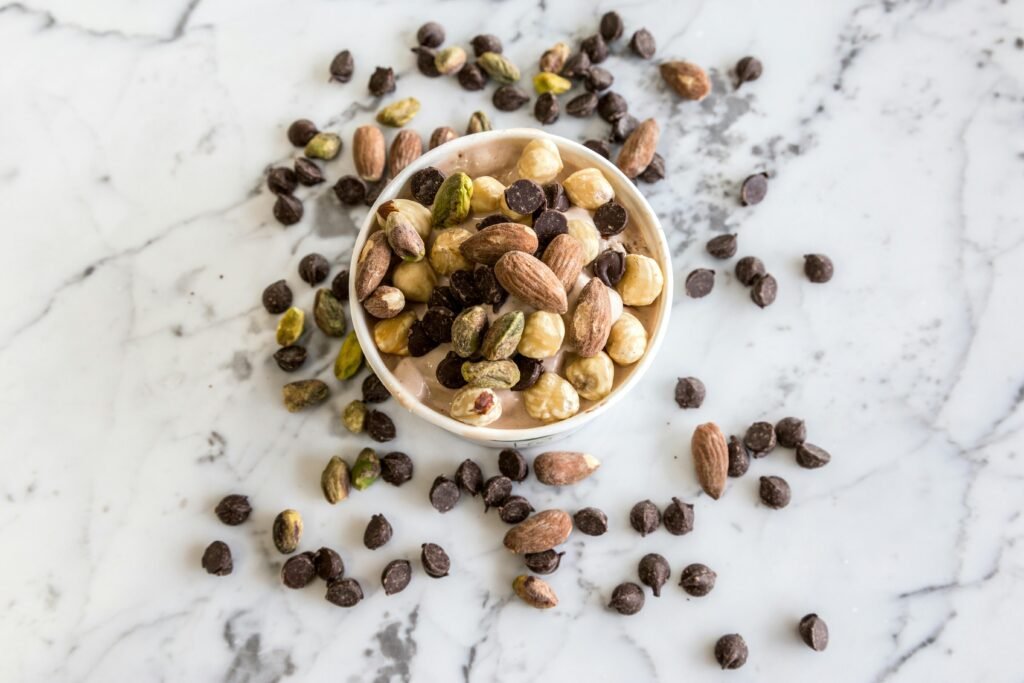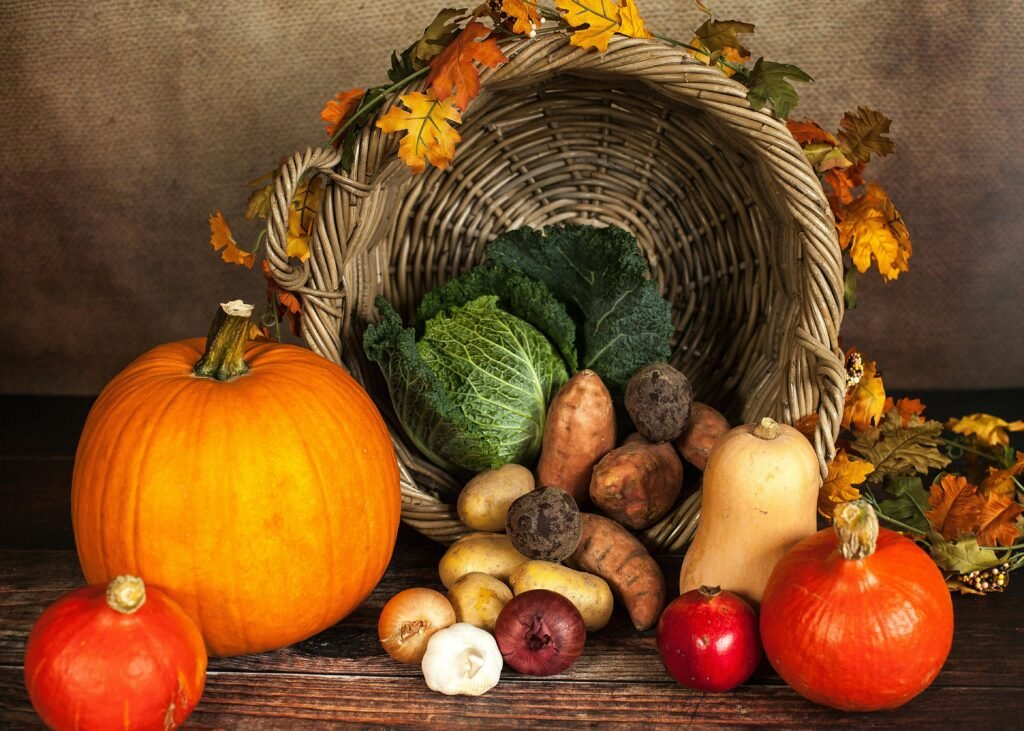Adding plant-based protein to your diet has multiple benefits. There has been a growing trend in recent years to adopt more plant proteins than animal proteins. Eating plant proteins can reduce the risk of some chronic diseases like heart disease, type 2 diabetes, and many more. Plant food is rich in nutrients and some vital compounds like vitamins, minerals, fibers, and phytochemicals. Besides this, plants can be a better source of protein.
Now, What is Protein?
Proteins are highly complex substances that are present in all living organisms. They are the building blocks of body tissue. Proteins are made of amino acids. There are 20 amino acids, nine of which cannot be synthesized by the human body, so they are called essential amino acids. The human body synthesizes the remaining eleven amino acids, called non-essential amino acids. Thus, we need to obtain essential amino acids through our diet.

Why should we focus on plant protein?
Eating plant-based protein can improve your health and reduce the risk of chronic disease. Many people also choose plant protein to support and protect the environment.
There are two types of plant diets: vegetarians and vegans. Vegetarians include dairy products and eggs in their diet along with plant food. However, vegans eliminate all animal products from their diet, including milk and honey.
However, animal sources of protein are considered complete because they contain sufficient amounts of all essential amino acids that the human body needs. Plant protein is considered incomplete proteins because they typically have low levels or are missing one or two essential amino acids (except soy and quinoa, which are complete proteins).
Plant protein sources:
- Legumes: Legumes contain lysine along with other essential amino acids, which are lacking in some plant foods. Legumes include lentils, chickpeas (garbanzo beans), black beans, kidney beans, pinto beans, split peas, and green peas. Eating legumes daily is necessary for those who choose to reduce their intake of animal foods. One-half cup of legumes can provide 10gm of protein along with a sufficient amount of fiber. Chickpeas are a good source of protein and contain all essential amino acids, although they are slightly lower in methionine.
- Nuts (Almonds, Walnuts, Pistachios, Cashews, Brazil nuts, and Pecans): Nuts provide six to twelve grams of protein per quarter cup. Nuts can be used in our breakfast or snacks.
- Whole grains: Whole grains encompass grains from any cereal or pseudocereal that preserve the endosperm, germ, and bran layers, differing from refined grains, which contain solely the endosperm. Eating whole grains (Barley, Bulgur, also called cracked wheat, Farro, Millet, Quinoa, Black rice, Brown rice, and Red rice) in their whole form is beneficial. Whole grains should not be ignored when you are only consuming plant protein. A cup of whole grains will provide 6-12 grams of protein. Whole grain is recommended because it has more vital components like vitamins, minerals, and fibers than refined grains.
- Beans and Seeds: Beans (Black beans, Kidney beans, Cannellini beans, Navy beans, Adzuki beans, Lima beans, pinto beans) and seeds (Chia seeds, Flaxseeds (ground or whole), Hemp seeds, Pumpkin seeds (pepitas), Sunflower seeds, Sesame seeds) contain a sufficient amount of protein. They are easy to prepare and healthy. One cup (171gm) of boiled pinto beans contains 15 grams of protein and 45 g of carbs. Chia seeds are rich in protein and provide all essential amino acids, although they are relatively low in lysine. They contain notable amounts of isoleucine, leucine, valine, methionine, phenylalanine, threonine, tryptophan, and histidine. Chia seeds also provide a huge amount of calcium, fiber, antioxidants, minerals, and heart-healthy omega-3 fatty acids. Hemp seeds are a complete protein source, containing all nine essential amino acids in sufficient quantities.
- Seitan: Also known as wheat meat, seitan is made from wheat gluten and has a chewy texture similar to meat. It is a high-protein meat substitute commonly used in vegan cooking.
- Soy Products: Soy products are mainly derived from soybeans. Some soy products are Tofu (firm, silken, or extra-firm), Tempeh, Edamame (young soybeans), Soy milk, and Soy yogurt. Tofu is made from soybeans and is a great source of versatile protein. It contains all nine essential amino acids, making it a complete protein. Tempeh is another soy product made from fermented soybeans and is a complete protein like tofu. Edamame are young soybeans harvested before they are fully matured. Soy milk is a great alternative to dairy products. Soy products are a great source of lean, cholesterol-free, and lactose-free protein.
In conclusion, incorporating more plant-based proteins into your diet can offer many benefits for both personal health and environmental sustainability. Adding diverse plant protein into the diet can complete your basic protein needs. Though animal protein can be an easy source of protein, plant protein is more beneficial and safer. You should add legumes, nuts, whole grains, seeds, and soy products to your diet. Embracing the power of plant-based proteins is not only a choice for personal health but also a step towards a more sustainable and compassionate way of living.



